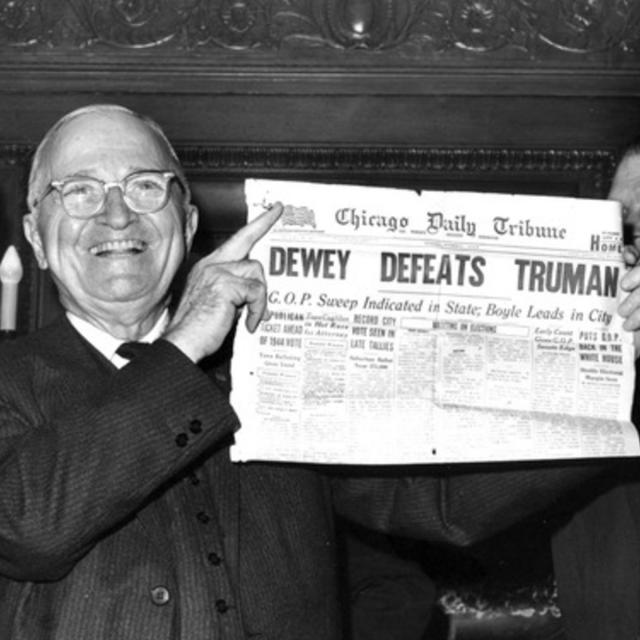MOOC List is learner-supported. When you buy through links on our site, we may earn an affiliate commission.

MOOC List is learner-supported. When you buy through links on our site, we may earn an affiliate commission.
The five elections that we'll investigate are among the most significant in American political history. In 1800, Thomas Jefferson won the presidency in a contest that encouraged politicians to reform the electoral college, the system by which presidents are still chosen. The election of Abraham Lincoln in 1860 prompted the outbreak of the Civil War. It's an election that helps us to understand the development of political parties. In 1968, the Vietnam War was a dominant concern for Americans, and yet foreign policy played a secondary role in Richard Nixon's victory. Twelve years later, in 1980, Ronald Reagan won an election that initiated a new era of conservatism. As election day approaches, we'll turn our attention to the 2008 election, which many saw as signaling a turn to progressivism and as revealing the impact of the digital revolution on campaign politics.
Syllabus
WEEK 1
The Election of 1800
The stormy election of 1800 culminated in the election of Thomas Jefferson as president, but it also played an important role in encouraging American politicians to reform the electoral college, which remains the system by which presidents are chosen.
The Election of 1860
With four candidates seeking the White House in 1860, the election of Abraham Lincoln prompted South Carolina's secession, the establishment of the Confederate States of America, and the Civil War. Exploring the 1860 election helps us to understand the development of political parties, voting, and radicalism in American politics.
WEEK 2
The Election of 1968
The problems that America faced in fighting the Vietnam War forced Lyndon Johnson to withdraw his candidacy for reelection, and the war would be seen as a leading factor in the victory of Richard Nixon. But how important was, and is, foreign policy in American domestic politics?
The Election of 1980
The election of 1980 is often seen as marking modern America's embrace of conservatism, in a manner that still shapes the nation and the world today. Examining the 1980 election helps us to understand why conservative ideas on the economy and foreign policy gained popularity, and why Reagan proved a powerful salesperson for the Right.
WEEK 3
The Election of 2008
At the end of our course, we look back to the election of Barack Obama in 2008. This is explored through the testimony and perspectives of a practitioner who took part in the Obama campaign, of a journalist who traveled across America in fall 2008, and of a political scientist who has written about the election. Did Obama's victory signal a turn to progressivism, and how did digital technologies transform electoral politics?
The Election of 2016
It is too soon to tell the history of the 2016 presidential election (and so last year's election is not one of the five that are at the heart of our course), but how does does history help us to understand the Clinton-Trump contest and its outcome? By way of concluding "The Making of the US President," we reflect on historical parallels (and discontinuities).
MOOC List is learner-supported. When you buy through links on our site, we may earn an affiliate commission.
MOOC List is learner-supported. When you buy through links on our site, we may earn an affiliate commission.
